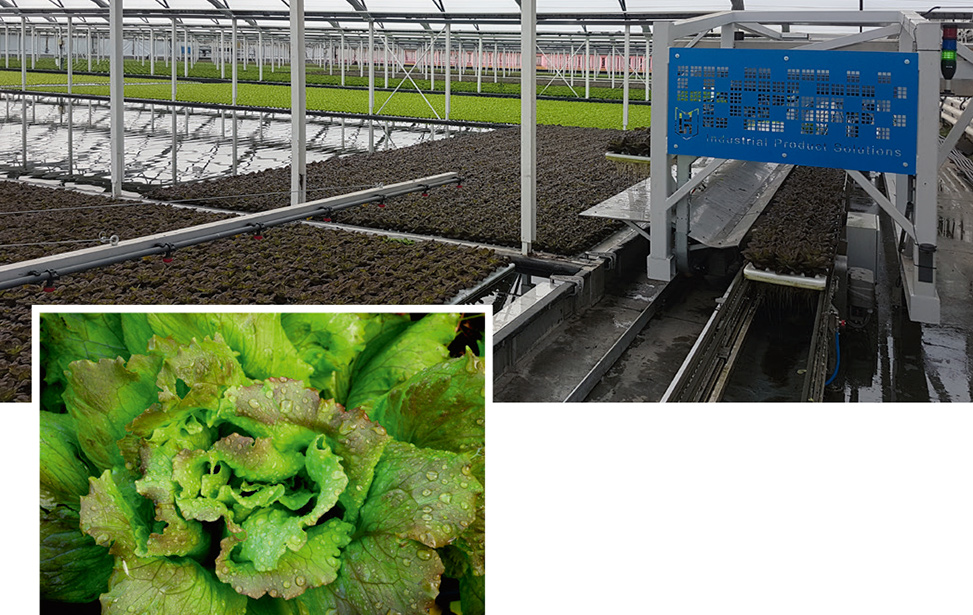In a groundbreaking move to address food insecurity and promote sustainable agriculture in Namibia, the Hanns Seidel Foundation (HSF) has officially handed over a state-of-the-art aquaponics system to the Vocational Training School (VTS) at Development Aid from People to People (DAPP) Namibia, located near Outapi in the Omusati region. This initiative, part of HSF’s “Think Namibia” campaign, is a significant step forward in combining hands-on agricultural education with resilient, water-efficient food production methods.
The aquaponics system was unveiled during a handover ceremony on 18 March 2025, with strong backing from key project partners: the Embassy of Finland to Namibia, through its Funds for Local Cooperation (FLC) programme, and Namibia Breweries Limited (NBL). Together, these stakeholders are implementing a long-term project focused on climate-smart agriculture, vocational skills development, and community empowerment.
Aquaponics: A Climate-Smart Solution
Aquaponics, which merges aquaculture (fish farming) with hydroponics (soil-less plant cultivation), has been recognized globally as a sustainable farming method ideal for arid and water-scarce regions. According to the Food and Agriculture Organization (FAO), aquaponics systems use up to 90% less water than traditional agriculture and allow for year-round, high-yield production of vegetables and fish.
In Namibia — a country facing chronic water scarcity, climate variability, and growing food demand — this model offers significant potential. The system at DAPP is designed to be resilient and scalable, allowing students to gain real-world experience with a closed-loop, low-input farming approach that aligns with sustainable development goals.
Education Meets Innovation
The DAPP Vocational Training School, already accredited by the Namibia Qualifications Authority (NQA) and registered with the Namibian Training Authority (NTA), is poised to expand its impact with this new system. Currently offering agricultural training up to NQA Level 3, the school will now upgrade its curriculum and infrastructure to support Level 5 training, incorporating aquaponics into formal education and enhancing the employability and entrepreneurial potential of its students.
This is part of a broader vision. The aquaponics project is one of three planned demo systems designed for urban and peri-urban training centers in disadvantaged communities. Each system includes not just infrastructure but revamped training materials developed from lessons learned during the pilot phase of the project.
Community Impact and Long-Term Support
Namibia Breweries Limited, through its “Brew a Better World Sustainably” initiative, has committed to supporting the project for another three years. Franklin Angermund, NBL’s Sustainability and Public Affairs Manager, emphasized the importance of long-term investment:
“We brew a Better Namibia by empowering communities with practical skills and sustainable technologies like aquaponics. These systems will make a tangible difference in livelihoods and food security.”
The support from NBL and other partners ensures that the systems will not only be installed but also maintained and managed independently by trained staff and students, embedding sustainability at the grassroots level.
The launch of the aquaponics system at DAPP Namibia marks a strategic convergence of education, sustainability, and community development. As Namibia continues to confront challenges related to food insecurity, youth unemployment, and environmental stress, projects like these provide a scalable, future-focused model for agricultural transformation. With committed partners, updated curricula, and engaged local communities, aquaponics could become a cornerstone of Namibia’s climate-resilient food systems.












